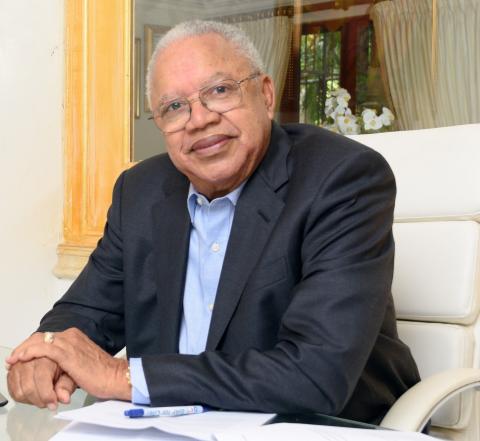
The question of who really owns patient data is still largely unsettled. Is it the physician who compiled it? Is it the institution in the case of the hospital or a practice with multiple doctors, or are the patients the owners of their information? This is largely the question that has been a barrier to sharing patient records.
I think we can all agree that paper files are a risk because they often get lost and are duplicated to the point where one patient may end up having three or more files with no way to properly link the information. There are problems when files are needed to substantiate or refute medico-legal claims as they go missing. In addition, information can be changed without any kind of audit trail.
Digitisation is the best solution to this problem, and with digitisation, file sharing becomes even more of an important consideration.
With the introduction of electronic medical records (EMRs), this may be one of the things that will require immediate attention to ensure an interconnected health system that works in the best interest of the patient. EMRs would solve these issues. There would be no need for physical storage space as information would be stored in the cloud at a data centre with backup. There would be no worry about damage to files, lost files,or duplication. The quality and reliability of the information increases when it is digital and there is an audit trail of all users, including information added, viewed, and removed.
Let’s now look at the issue of access to patient records. While there is currently no statute that directly regulates EMRs, as far as I’m aware, a patient’s common-law rights prevent the doctor from sharing information without important confidentiality considerations. The Data Protection Bill seeks to address these issues of access and sharing of individuals’ information.
For government institutions, this should be seamless. As it stands now, a patient can visit multiple government facilities but will have a uniquely compiled record for each with no linkages made. Not surprising because the system is not yet digitised.
With a digitised system, this can all change. Within the government health ecosystem, the over 20 hospitals and 300-plus health centres can have centralised health records where no matter where a patient visits, his or her records will be accessible to the attending healthcare worker and will reflect every encounter with the system and a comprehensive and complete picture of the patient’s health history.
This is one way in which the health system can improve patient care and provide continuity. Sharing patient information within the network may be much more difficult with private care. Still, if we keep the patient’s well-being at the centre of this, the positive impact, overall, of data sharing would outweigh any concerns an individual physician may have.
At the end of the day, the mission should always be to provide the patient with the best care possible, and data sharing is an important step towards this for both the patient and the physician. It enables more efficient patient care, and that way, the physician is able to holistically assess a patient quickly and provide the intervention that is most needed in the least time possible. This access to information can save time on both sides and could allow the physician to see more patients in his practice in less time, increasing the efficiency of his/her business while serving patients’ needs.
In addition, ongoing care and treatment with the right information could reduce the burden on our accident and emergency units and also reduce the number of admission to hospitals for illnesses that could be contained if treated consistently and continuously. The patient’s overall health and well-being will be improved.
When more facilities are digitised in both the government and the private sector, it is the hope that they will be inter-operable, share information, and work together to improve patient care.
I think the University Hospital of the West Indies could serve as a central repository of patient information, and with rules in place to protect privacy and security, allow access to information once it is appropriate for the care of the patient.
Doug Halsall is the chairman and CEO of Advanced Integrated Systems. Email feedback to doug.halsall@gmail.com and editorial@gleanerjm.com
Published: Sunday | August 15, 2021 | 12:08 AM
https://jamaica-gleaner.com/article/news/20210815/healthtech-importance-...

